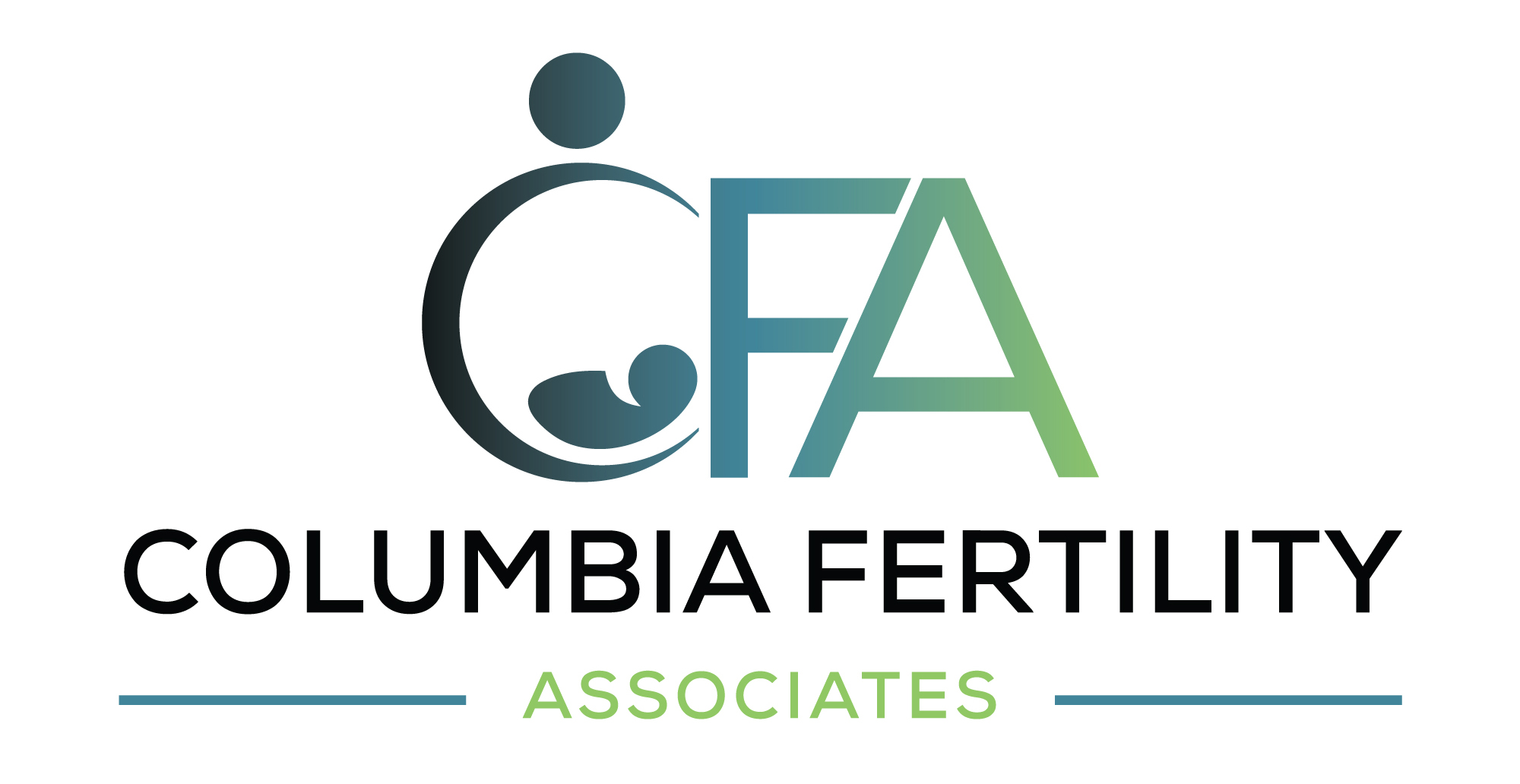You’re pregnant. Or, you’re thinking about becoming pregnant. You want to know how all of the DNA that you and your partner pass on to your developing baby will affect their well-being and health. Can genetic testing tell you that?
At Columbia Fertility Associates our expert OB/GYNs and infertility specialists administer genetic tests to help you identify and understand potential risks for your baby. All genetic testing is voluntary, however. You and your partner decide what you want to know (or not know) at every step of the process.
Carrier testing
If you or your partner has a familial history of a genetic disease, such as sickle-cell anemia, you may want to get tested before even attempting to become pregnant. You could also undergo carrier testing after pregnancy, to help you decide whether to test your fetus or not.
If you carry the genes for a particular disease, but your partner doesn’t, that may reduce your child’s chances of inheriting it. Even if you don’t have symptoms of a genetic disease, you may carry a recessive gene for that condition.
If your partner is also a carrier, that increases the risk that your child will develop the condition.
At your request, we test you and your partner for genetic conditions such as:
- Sickle-cell anemia
- Cystic fibrosis
- Spinal muscular atrophy
However, even if both you and your partner are carriers of recessive genes for a condition, your baby won’t necessarily inherit it. In fact, if you’re both carriers, each baby has only a one in four chance of developing the disease, and a 50% chance of becoming a carrier, too. With just one carrier, the baby has a 50/50 chance of developing the disease.
Depending on the results of your tests, you and your partner may choose to approach pregnancy differently.
Choices include:
- Getting pregnant and then testing the fetus
- Using donor eggs or sperm to improve odds
- Going through IVF and testing embryos before implantation
- Creating or completing your family through adoption
- Opting not to have a child
We support any decision you and your partner make. If you do become pregnant, you may decide to do other tests to assess your baby’s specific risks.
Sequential screening
Sequential screening is done in two parts. During your first to second trimester, between weeks 11 and 13, we perform an ultrasound of your fetus. Later, in weeks 16-18, we take a sample of your blood.
Sequential screening assesses your baby’s risk for:
- Down syndrome
- Trisomy 18 (Edwards syndrome)
- Neural tube defects
We recommend starting on a 400 mcg folic acid supplement even before you get pregnant to reduce the risk of neural tube defects, which cause abnormalities in the brain and spinal cord.
Chorionic villus sampling
This test is also given during the first trimester, some time from weeks 10-14. We take a small sample of your placenta through your cervix or abdominal wall. We assess for chromosomes that may indicate Down syndrome, trisomy 13 and 18, and Tay Sachs disease, and other chromosomal conditions.
You may wish to undergo chorionic villus sampling if your carrier tests indicated a risk to your baby, or if you have other risk factors such as:
- Maternal age over 35
- Prior pregnancy with a chromosomal disorder
- Family history of genetic disorders
Chorionic villus testing can’t identify neural tube defects. However, it can be used to confirm the results of other chromosome tests.
Maternal serum quad screen
A maternal serum quad screen is a blood test performed sometime in weeks 15-18, in your second semester, but you can have it as late as week 22. The quad test looks at four substances in your blood: your baby’s alpha-fetoprotein (AFP) levels and three placental hormones called estriol, inhibin A, and human chorionic gonadotropin (hCG).
The quad test can detect both Down syndrome and neural tube defects.
Amniocentesis
You can choose to undergo amniocentesis at week 15 or later. In amniocentesis, your doctor removes amniotic fluid from your uterus. This test assesses your baby’s chromosomes for Down syndrome and trisomy 13 and 18. You can also use this test to confirm the positive carrier-test results for cystic fibrosis, sickle-cell anemia, and other conditions.
When any of your tests are positive, you may choose to get other tests to confirm the results. If you or your partner are at high risk for passing on a genetic condition, you may also choose to have more than one genetic test, even if the initial test is negative, to ease your mind.
If you have questions about how or if genetic testing will benefit your family, contact our team at Columbia Fertility Associates in Washington, DC; Bethesda, Maryland; or Arlington, Virginia.








